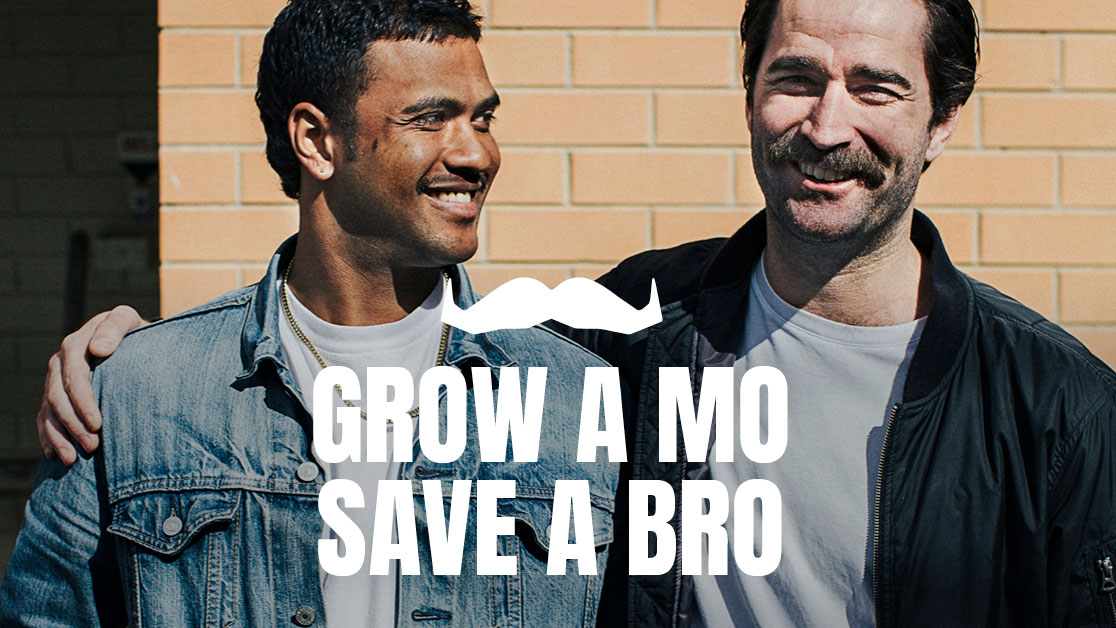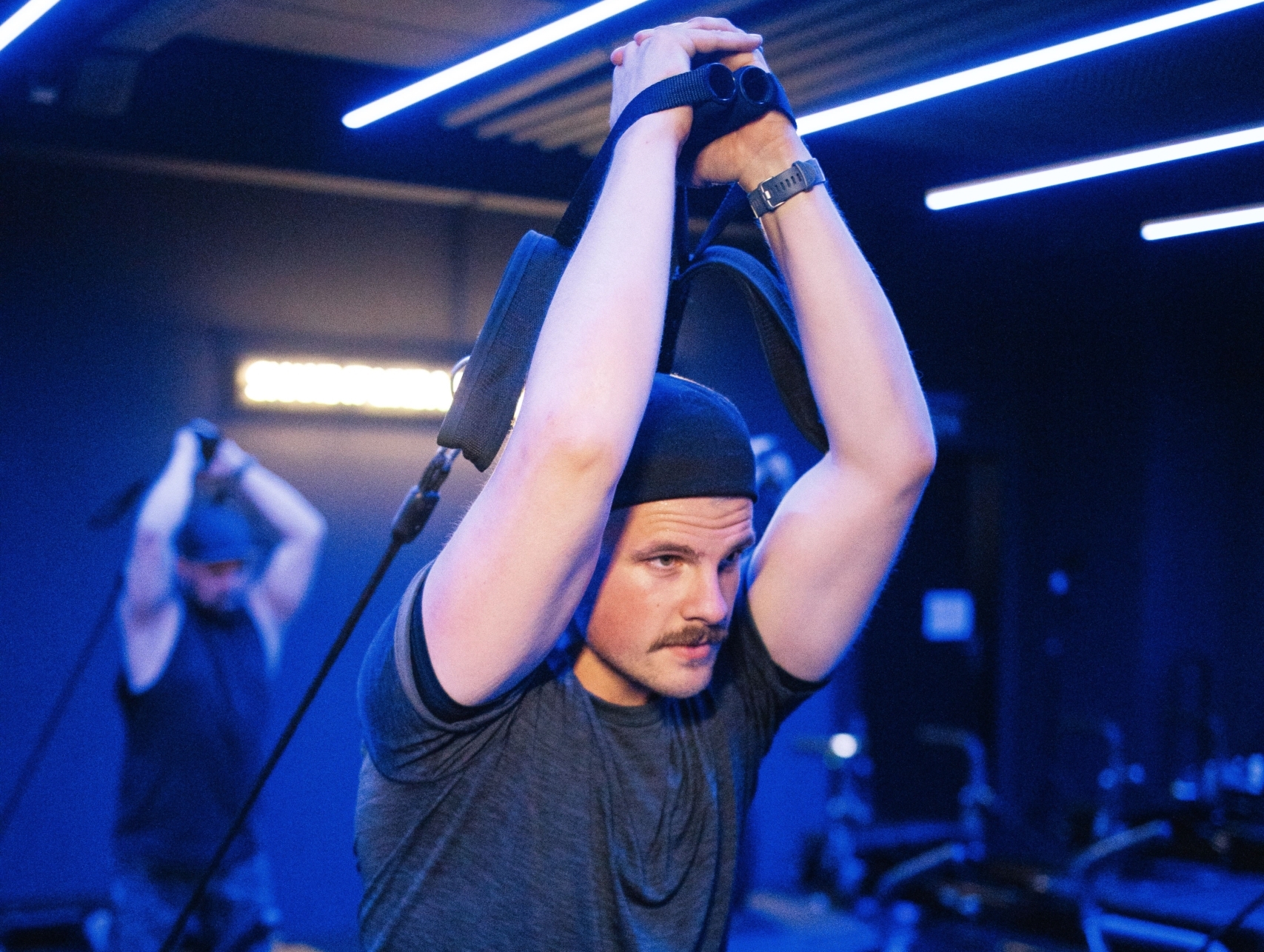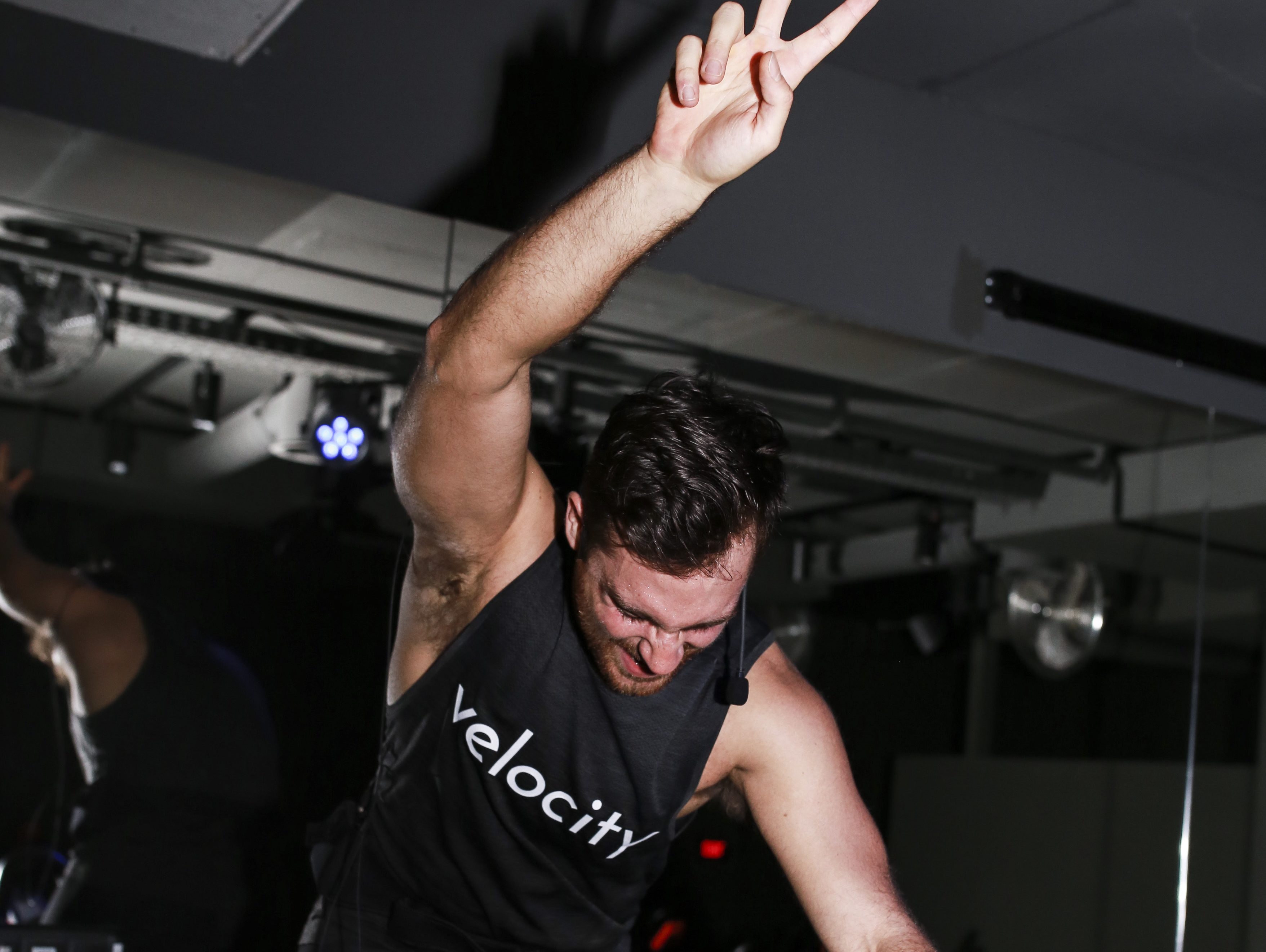Movember: Let’s Talk Men’s Health
by Cam – 26. November 2020
If anyone has learned anything about men, it’s that most love to discuss their feelings and emotions for hours. I’m sure you picked up the sarcasm in that statement, and unfortunately, it can be fairly true. While a lot of the stigmas around men have faded away as we’ve opened up the conversation, a lot of us still have a voice buried in us from years of conditioning that we should just “suck it up”. Whether it’s right or not, men put a large burden on their shoulders to carry out financial and physical responsibilities. When they falter it drives many to depression and overwhelming stress.

The Hard Truth
These are the facts, and they aren’t easy to hear, but they are important to be open about. Around 33,000 people attempt suicide per year in Switzerland. Men are 3.56 times more likely to commit suicide than women. In many countries, suicide rates have increased since COVID-19 measures have been in place. A lack of professional opportunities, education, and proper mental health treatment seem to be some of the leading causes. As a light of hope at the end of this tunnel, the number of suicide attempts in Switzerland has decreased greatly from 1980 – 2010. However, this has not changed much since, even with the strong funding towards the issue that was enacted in 2016.
What is Movember?
In 2004, two friends from Melbourne, Australia joked about bringing back the moustache to the cultural forefront. Inspired by their friends’ mother who was fundraising for breast cancer research, they decided to raise awareness for men’s health and prostate cancer. What started with a challenge to 30 guys to raise money, has now grown to 6 million men and women supporting men’s health. Their focus is on funding research for testicular and prostate cancer as well as suicide protection and prevention.
It’s important to make sure men go to regular check-ups to scan for prostate cancer and pay attention to unwanted lumps in the testicles. You can do your part by donating towards research and raising awareness. Where we can help the most is protecting our friends and loved ones by understanding how to read the signs of suicide and doing our part to listen and get help.

A.L.E.C. Model
This is a model for how to open the conversation with someone going through a tough time. It can be hard to read the signs but encourage your friends to talk openly with you and let them know they can always come to you with concerns. Here are some steps to keep in mind:
- Ask: Ask how someone is doing. Explain if you’ve noticed a change in their behavior. Pay attention to if they have changed their schedule such as not showing up to events or not replying to text messages. Look for signs that they have been more closed-off or sound different when you are speaking. Trust your intuition, and don’t be afraid to follow up if someone answers you evasively.
- Listen: When someone does answer, give them your full attention. Pay attention and give signs you care about their words by saying things like, “That does sound overwhelming, how long have you been like this?”. You don’t have to offer immediate solutions, just show that you care about them and want to help.
- Encourage Action: Help the person focus on the simple things that can help them, like sleeping more, eating healthy, and getting exercise. Look to see if there is something in their past that has helped them get through hard times before. Let them know it’s okay to look into treatment options like therapy and psychiatry.
- Check-In: After your conversation, get in touch by phone or video call. This shows that you truly care and feel better when the person is also better.

How Fitness Can Help & How You Can Help Others
Fitness has been shown to be a great way to reduce social withdrawal and improve self-esteem. It also has cognitive effects by releasing hormones that improve your mood and lower anxiety and depression symptoms. It helps improve sleep and cognitive function helping you think clearly. As part of the ALEC model, it’s an effective way to encourage action for friends in need. Consider joining someone who is in trouble to help them get started. Join our workouts go for a run or attend gym sessions with them.
If you want to do your part and help donate to the Movember causes, we have two charity Power workouts with Jérémie on Monday, 30. November at 18:00 and 19:00. 10 CHF for every participant will go to this outstanding charity and help fund research towards testicular cancer and prostate cancer, as well as toward support for suicide prevention and protection. We hope you can join us and help tackle these issues that affect so many of our loved ones!



Protein and Strength: How to Maximize Your Gains
/in Health, Lifestyle, Living in Zug, Living in Zurich, Power/by CaseyGet to Know Your New Velobeat Coach
/in Health, Lifestyle, Living in Zug, Living in Zurich, Power/by CaseyKickstart Your Fitness Goals This Winter
/in Health, Lifestyle, Power, Rides/by Casey